 .
.
28 Courses
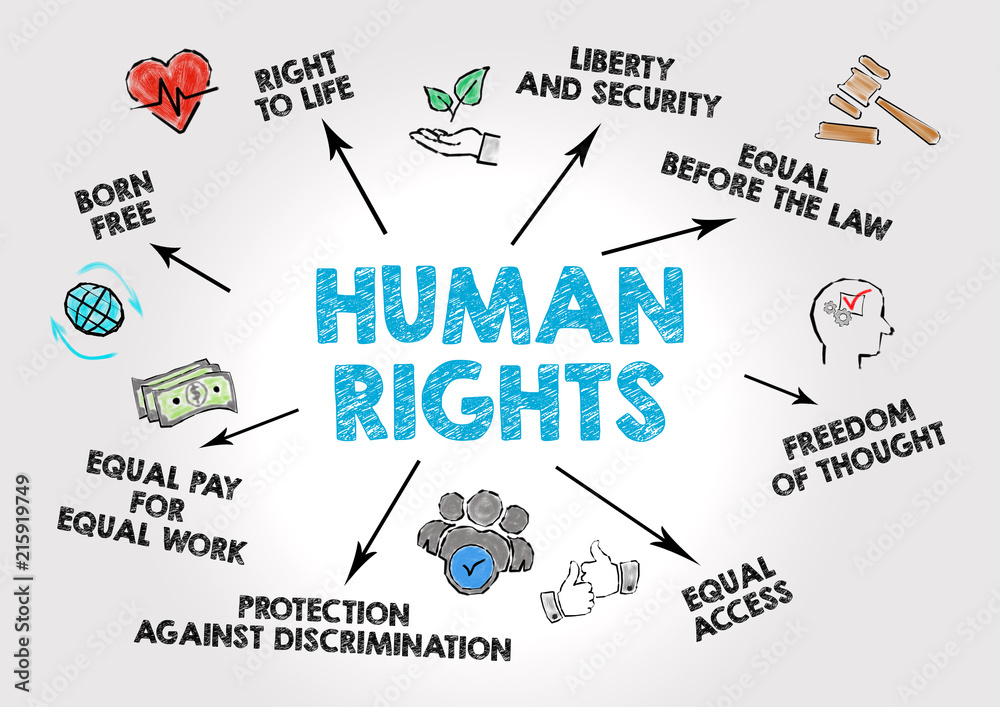
Semester II
Human Rights - II
include the right to life and liberty, freedom from slavery and torture, freedom of opinion and expression

Semester II
INTRODUCTION TO CYBER SECURITY - II
Cyber security is the application of technologies, processes, and controls to protect systems, networks, programs, devices and data from cyber attacks

Semester II
Planning & Control of Operations
scheduling and control of human resources, materials, and financial input to produce the desired quantity and quality of output most efficiently.
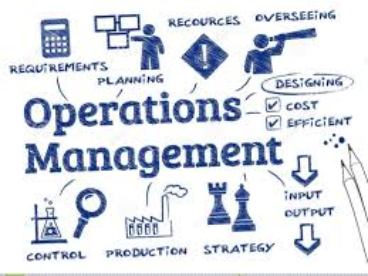
Semester II
Services Operations Management - I
defines the how and the what of service design, and helps mediate between customer needs and an organization's strategic intent.
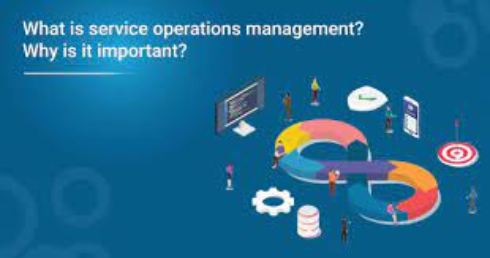
Semester II
Services Operations Management
Service operations management refers to the efficient utilization and running of a business’ main departments such as human resources, marketing, accounting.

Semester II
Geopolitics & World Economic Systems
The struggle over the control of geographical entities with an international and global dimension, and the use of such geographical entities for political advantage

Semester II
Services Management
Service Management focuses on providing value to the customer and also on the customer relationship.

Semester II
Retail Services
focuses on preparing you for careers in the retail industry, specifically in managerial and leadership roles.

Semester II
Securities Analysis & Portfolio Management
Portfolio refers to invest in a group of securities rather to invest in a single security. Portfolio analysis is the determination of the future risk and return in holding various combinations of individual securities.

Semester II
Inventory Management
the process of ordering, storing, using, and selling a company's inventory. T
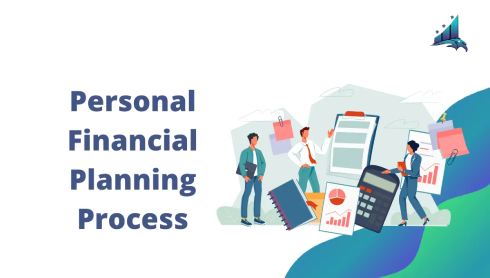
Semester II
Personal Financial Planning
A financial plan is a comprehensive picture of your current finances, your financial goals and any strategies you've set to achieve those goals.

Semester II
Financial Markets and Banking Operations
include any place or system that provides buyers and sellers the means to trade financial instruments, including bonds, equities, the various international currencies, and derivatives.

Semester II
Employee Relations & Labour Legislation
Students will learn the laws relating to Industrial Relations, Social Security and Working conditions and also learn the enquiry procedural and industrial discipline.

Semester II
Consumer Behaviour
is the actions and decisions that people or households make when they choose, buy, use, and dispose of a product or service.
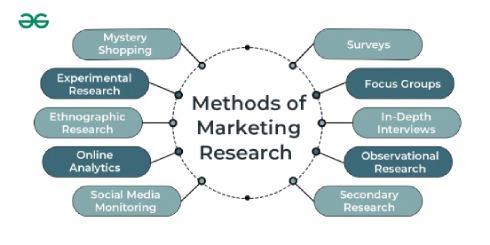
Semester II
Marketing Research
defined as any technique or a set of practices that companies use to collect information to understand their target market better.

Semester II
Industry Analysis & Desk Research
a marketing process that provides statistics about the market potential of your business products and services.
Semester II
Lab in Recruitment and Selection
creating a job description, advertising the role, screening candidates, conducting interviews, carrying out tests and assessments
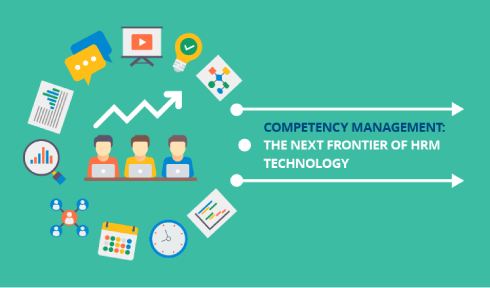
Semester II
Competency Based Human Resource Management
which include Business Acumen, Data Literacy, Digital Agility, People Advocacy, and Execution Excellence.

Semester II
Start Up and New Venture Management
Corporate ventures usually have more money and resources than startups.

Semester II
Learning and Development
They focus on training, filling learning gaps, evaluating employees and creating learning opportunities that help employees do their best work.
